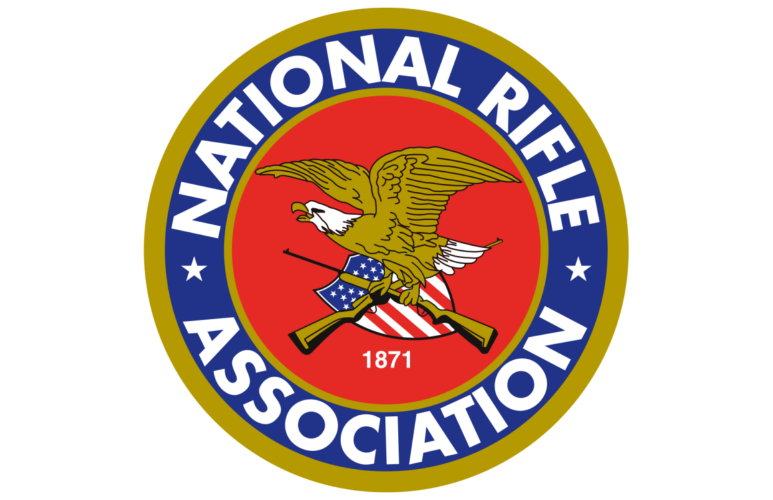A judge has dismissed the New York Attorney General’s attempt to dissolve the National Rifle Association (NRA) amid other claims but the pursuit of the organization and individuals for other violations can continue.
Judge Joel M. Cohen of the Supreme Court of the State of New York County of New York issued his ruling Wednesday following a two-hour hearing in December.
The allegations, if proven, “tell a grim story of greed, self-dealing, and lax financial oversight at the highest levels of the National Rifle Association,” Cohen wrote in the opening of his 42-page ruling. “They describe in detail a pattern of exorbitant spending and expense reimbursement for the personal benefit of senior management, along with conflicts of interest, related party transactions, cover-ups, negligence, and retaliation against dissidents and whistleblowers who dared to investigate or complain, which siphoned millions of dollars away from the NRA’s legitimate operations.”
The complaint does not “allege the type of public harm that is the legal linchpin for imposing the ‘corporate death penalty,” Cohen wrote. “Dissolving the NRA could impinge, at least indirectly, on the free speech and assembly rights of its millions of members. While that alone would not preclude statutory dissolution if circumstances otherwise clearly warranted it, the Court believes it is a relevant factor that counsels against State-imposed dissolution, which should be the last option, not the first.”
The judge also dismissed were two claims for unjust enrichment and violations of the New York Prudent Management of Institutional Funds Act (NYPMIF), however, claims against the NRA and individual defendants for violations of Not-For-Profit Corporations Law and estates powers and trusts, and the executive law were sustained.
“This is along the lines that were to be expected,” Philip Hackney, a professor at University of Pittsburgh School of Law, said via Twitter after the ruling came down. “Fair to call for dissolution of the NRA under the circumstances but given the nature and size of the organization, dissolution made little sense.”
 In a nearly 500-word press release responding to the decision, New York Attorney General Letitia James said: “While we’re heartened that the judge rejected the NRA’s attempts to thwart most of the claims in our case against the NRA, we are disappointed that the judge ruled against the dissolution portion of the case,” adding that she’s considering legal options with respect to the ruling.
In a nearly 500-word press release responding to the decision, New York Attorney General Letitia James said: “While we’re heartened that the judge rejected the NRA’s attempts to thwart most of the claims in our case against the NRA, we are disappointed that the judge ruled against the dissolution portion of the case,” adding that she’s considering legal options with respect to the ruling.
The decision let stand the Attorney General’s claims of self-dealing, abuse and unlawful conduct by Wayne LaPierre, the NRA’s longtime CEO. The court also rebuked efforts by Corporate Secretary and General Counsel John Frazer to dismiss him from the case, finding the AG’s allegations that he violated his obligations as general counsel for failing to address conflicts of interest and respond to whistleblowers who alerted the NRA to system financial wrongdoing were valid. The court also held that the AG’s claims against the NRA for false regulatory filings and failing to address conflicts of interest will proceed.
In a nearly 800-word press release of its own, the NRA said it “scored a major legal victory” that vindicates its position. “This is a resounding win for the NRA, its 5 million members, and all who believe in this organization,” NRA President Charles Cotton said in the statement. “The message is loud and clear: the NRA is strong and secure in its mission to protect constitutional freedom.”
The AG filed suit in August 2020 against the Fairfax, Va.-based NRA, alleging the board’s audit committee was negligent and failed to assure standard fiscal controls or adequately respond to whistleblowers, and naming several individuals as well for failing to manage funds. In January 2021, the 150-year-old organization attempted to file bankruptcy in Texas but was rejected by a federal judge and has since announced plans to relocate its headquarters to Texas.
The NRA is pursuing its own legal action against the attorney general, alleging in a February 2021 legal filing that her case is part of “a crusade to silence a powerful political opponent.”











